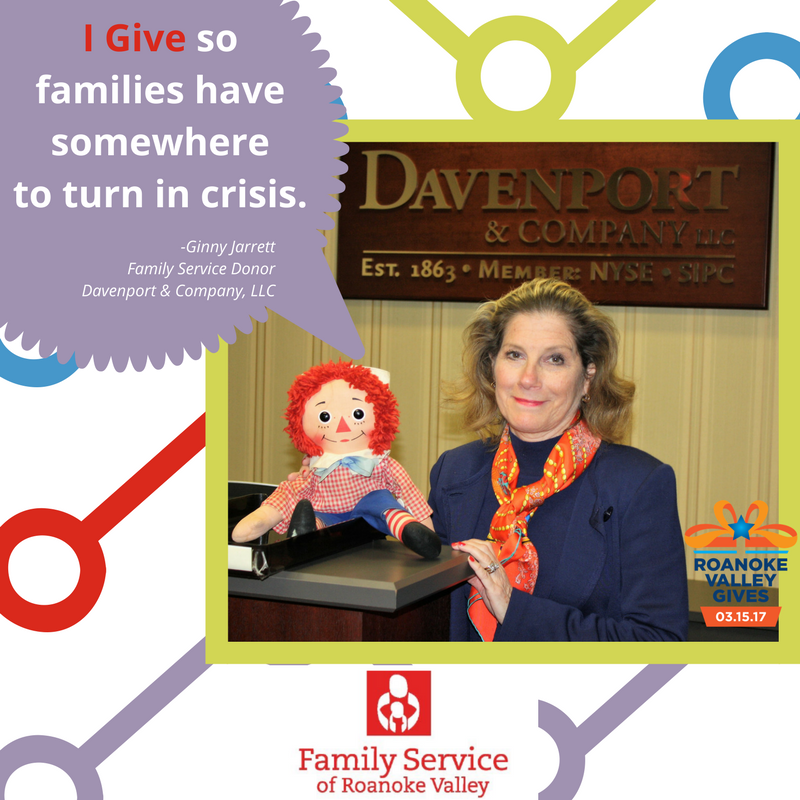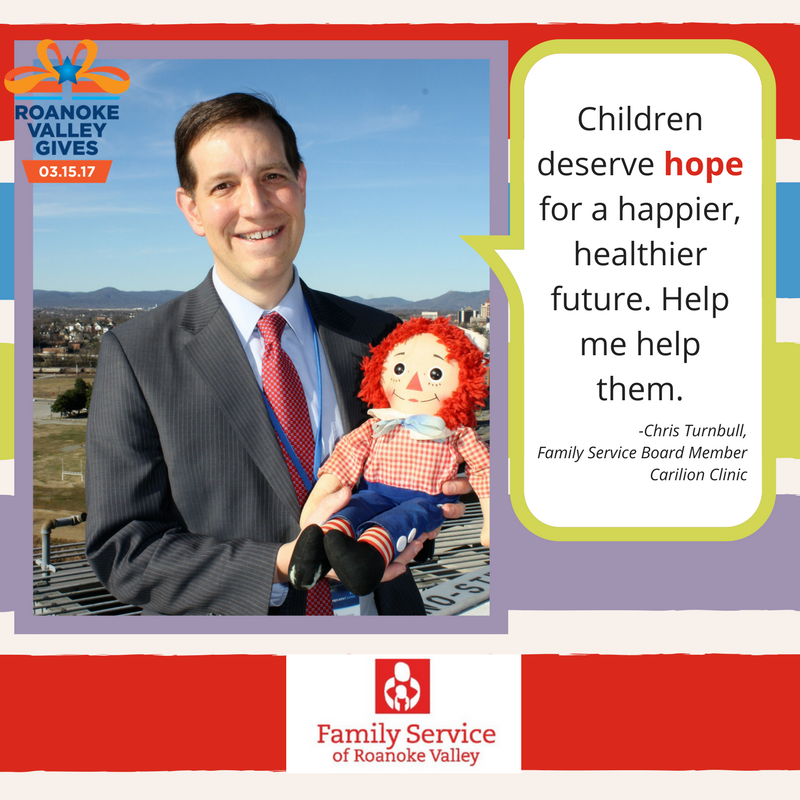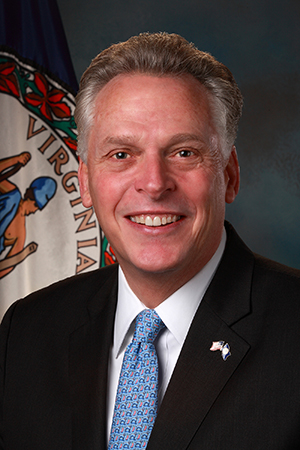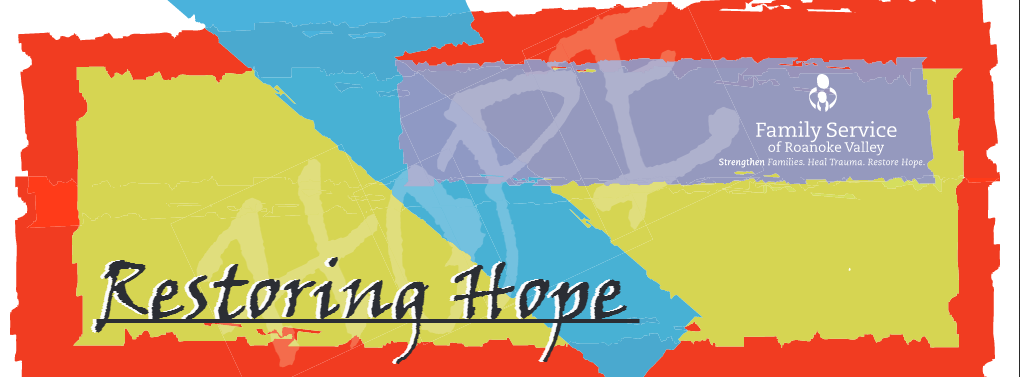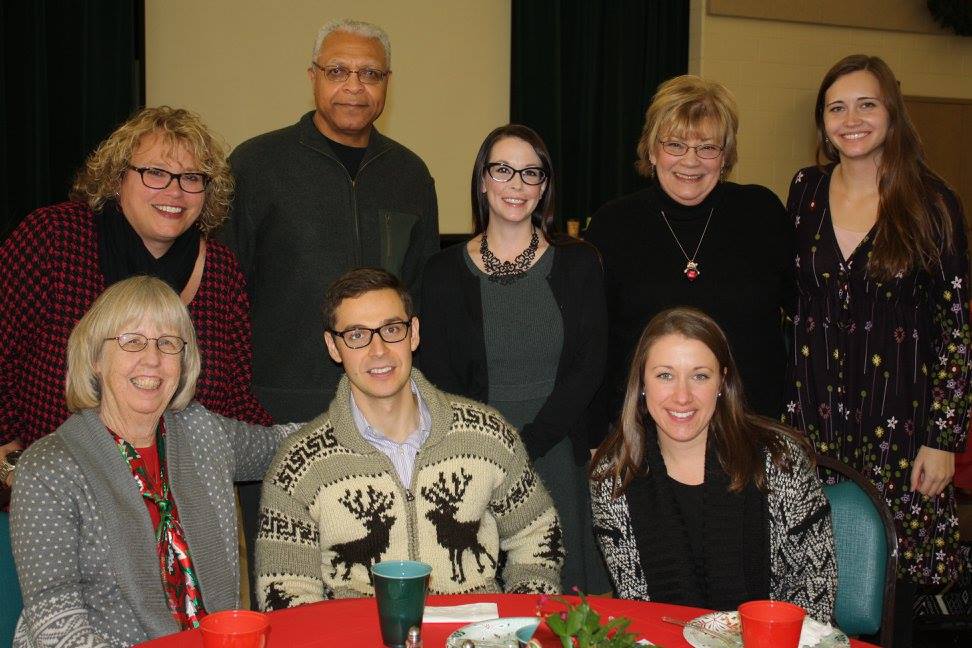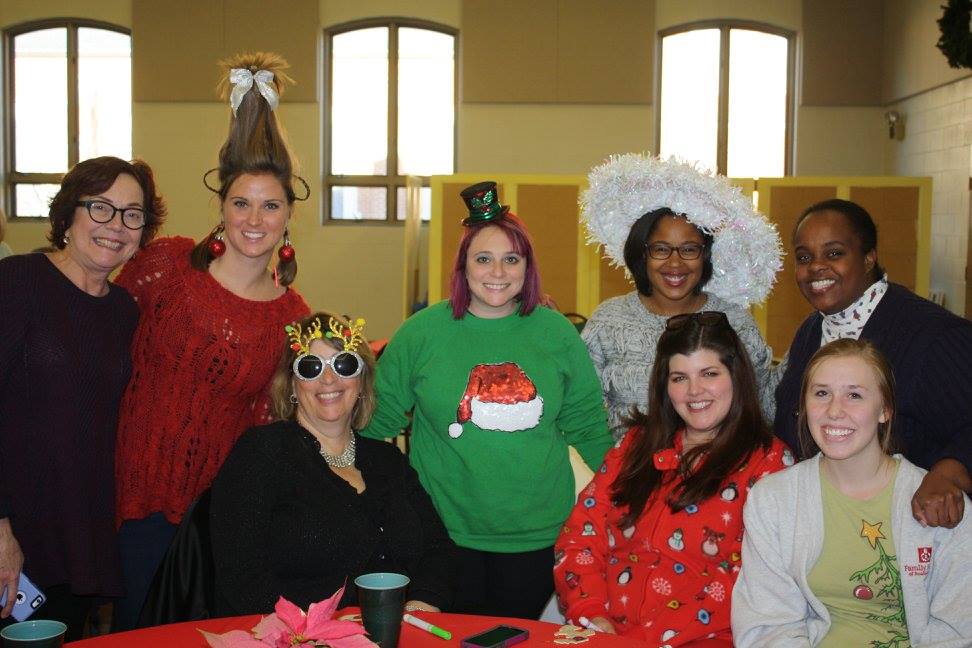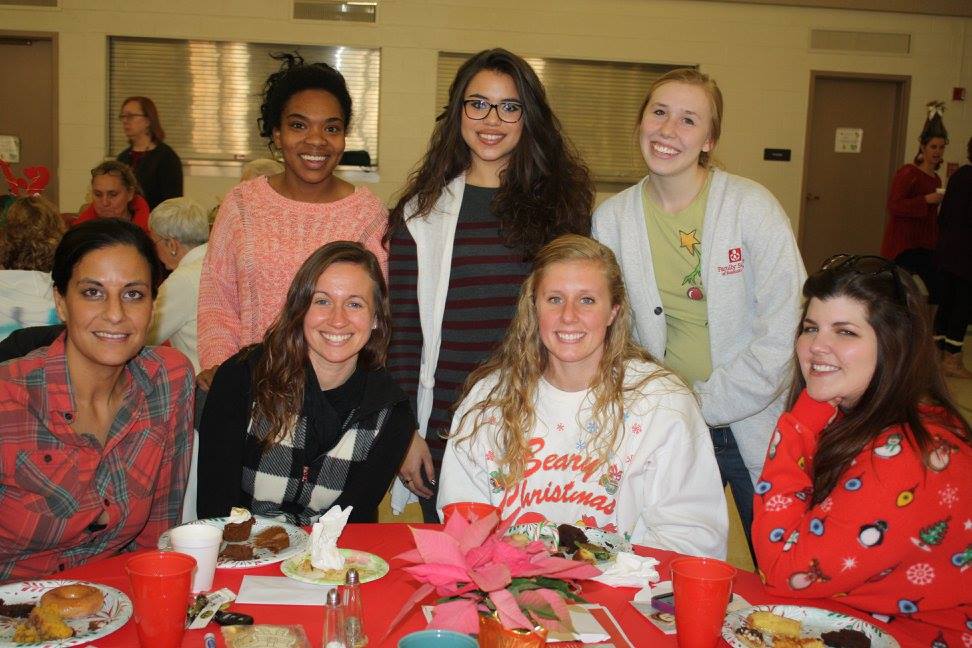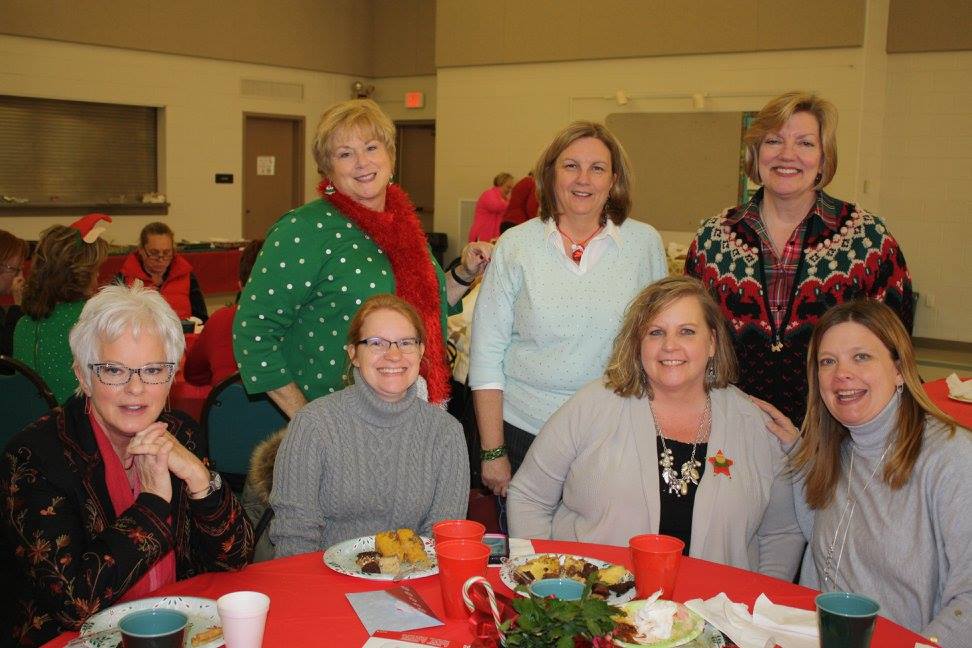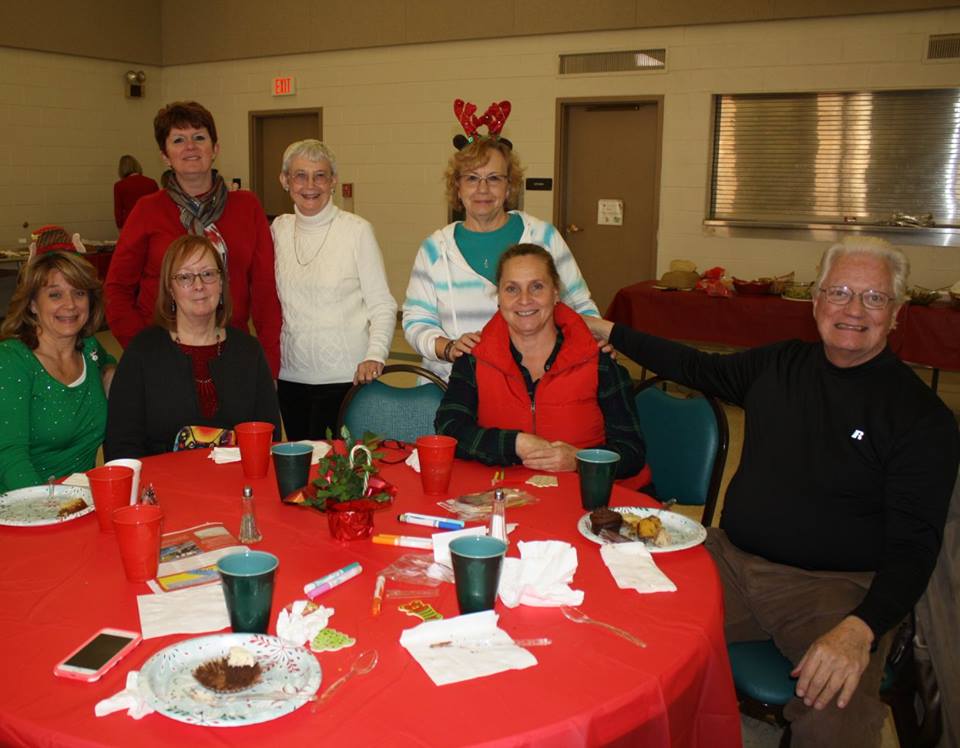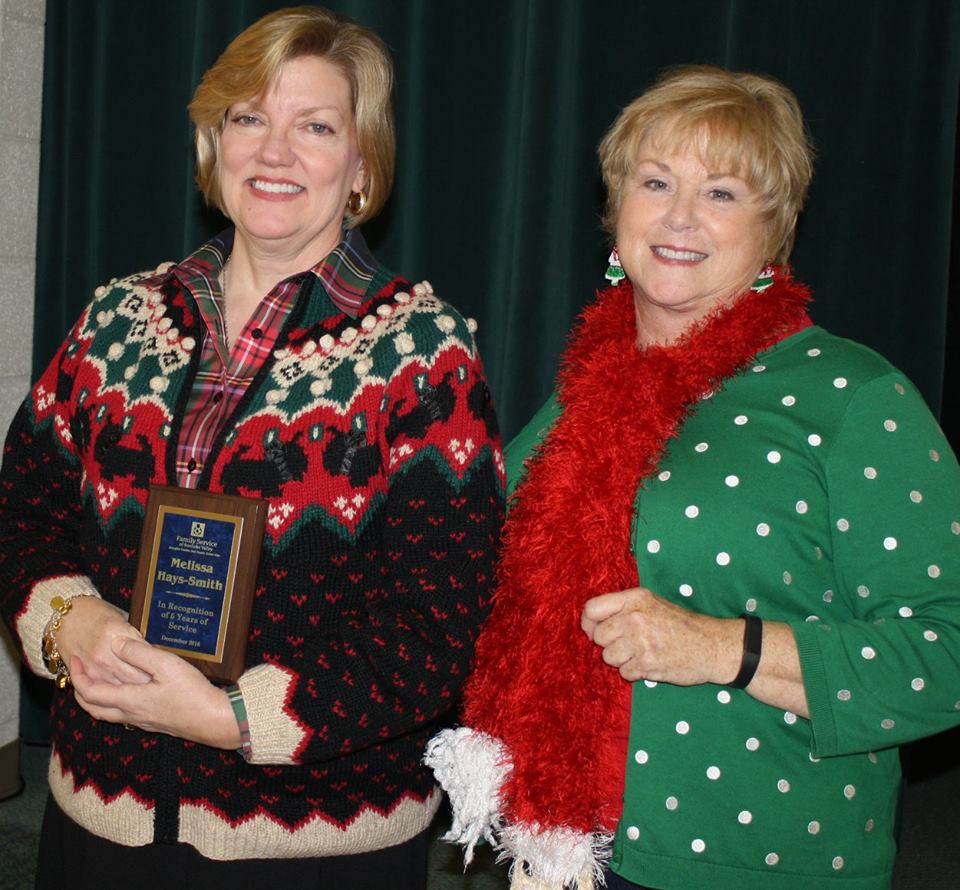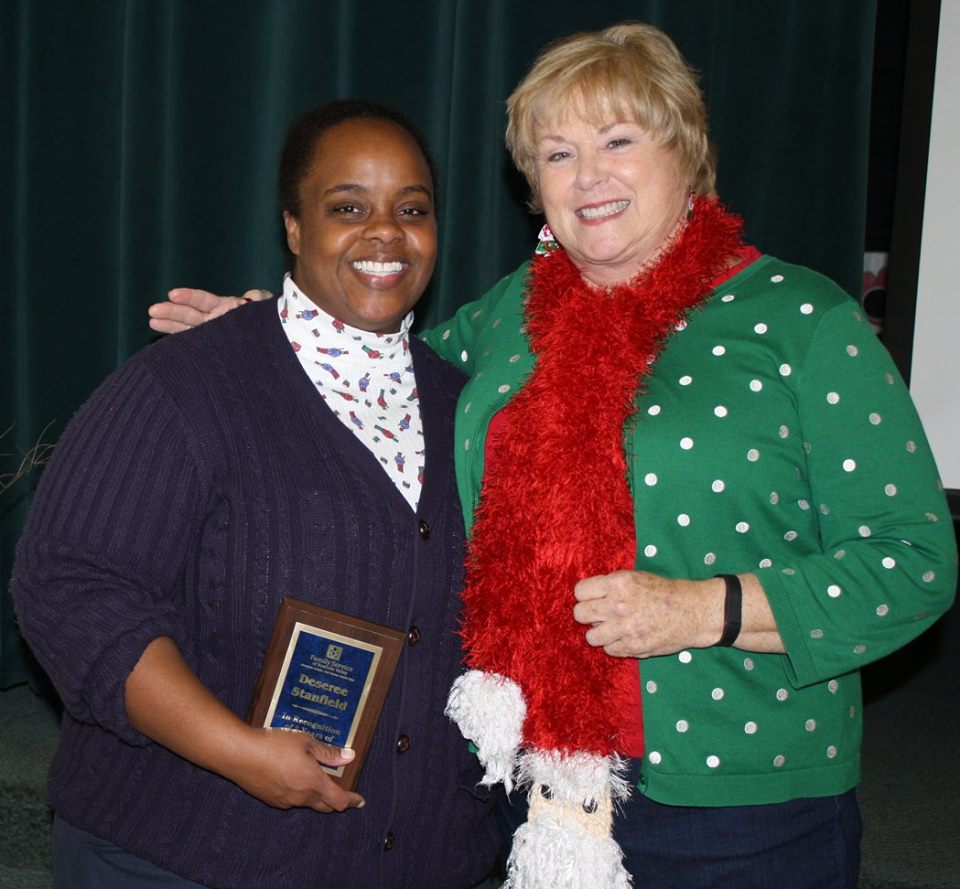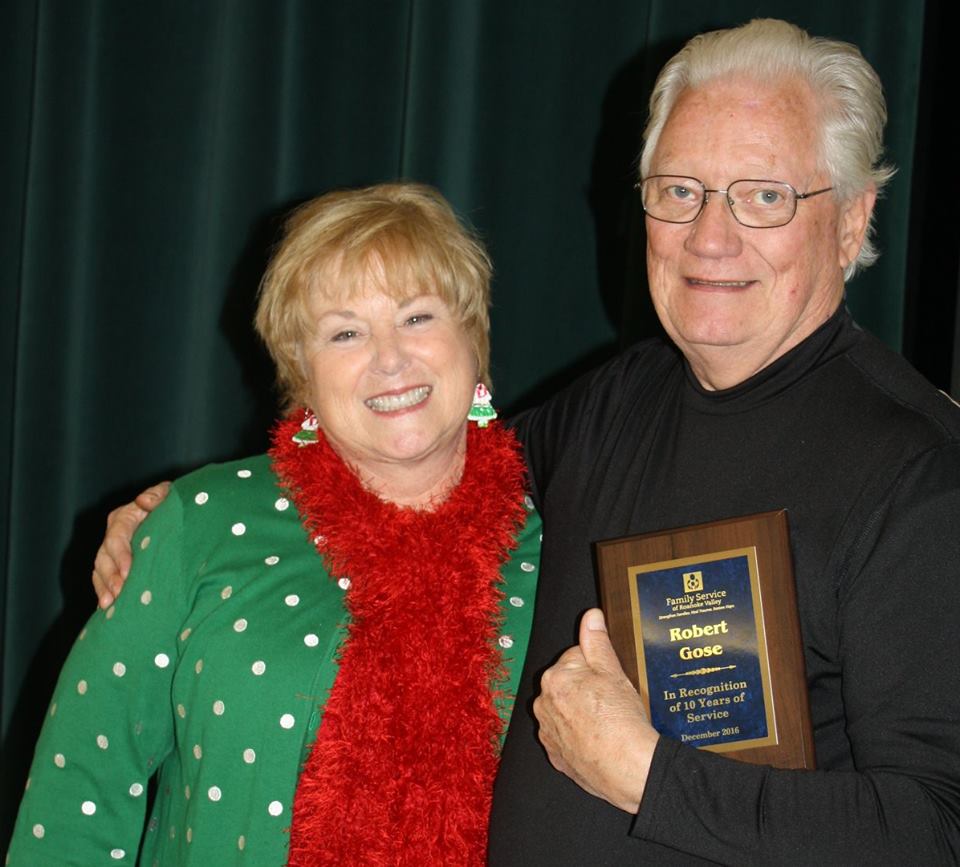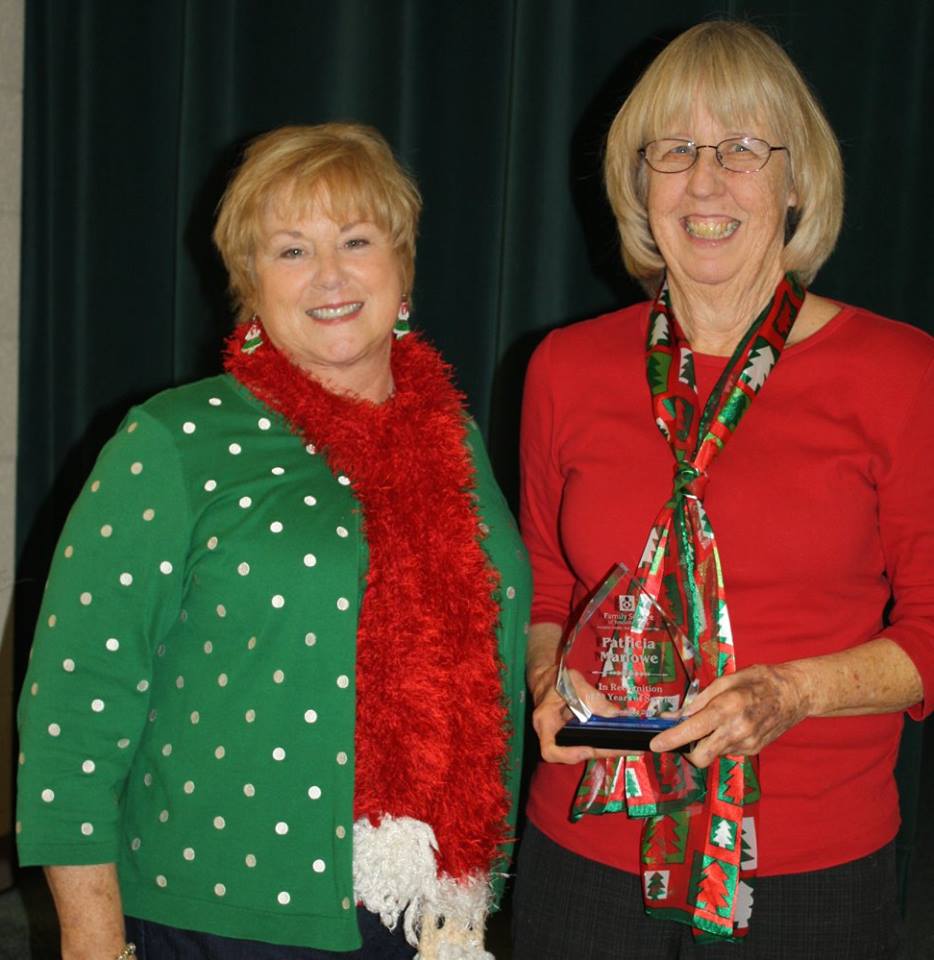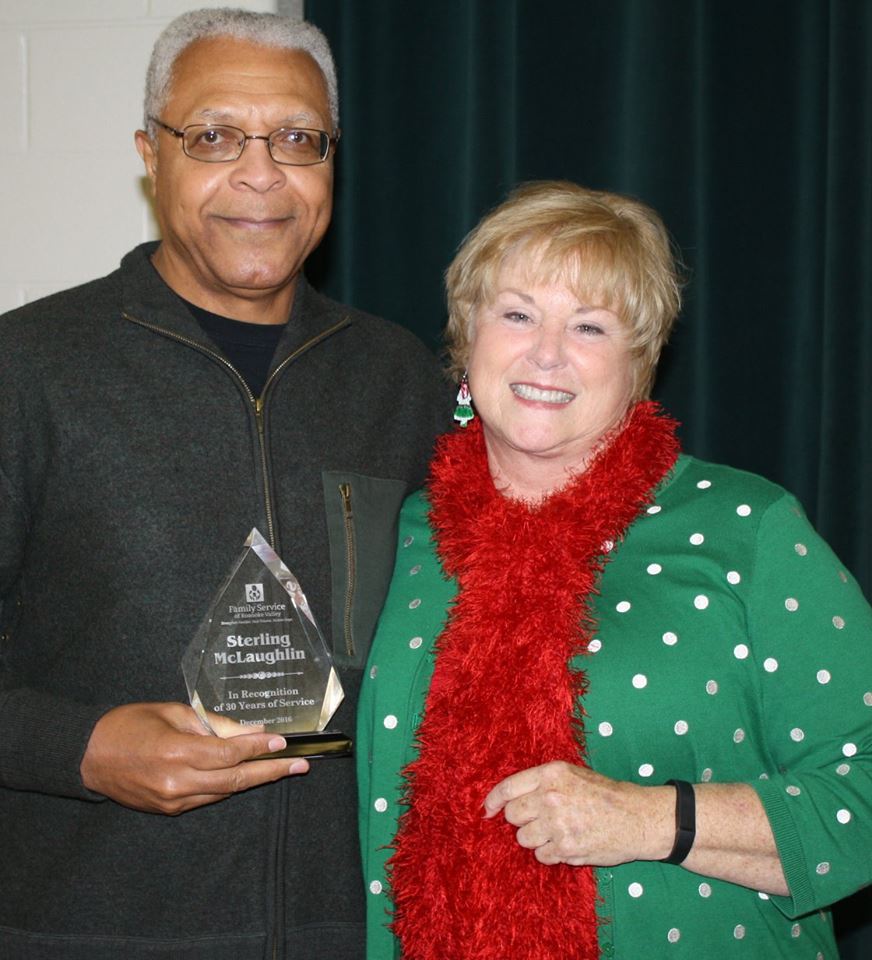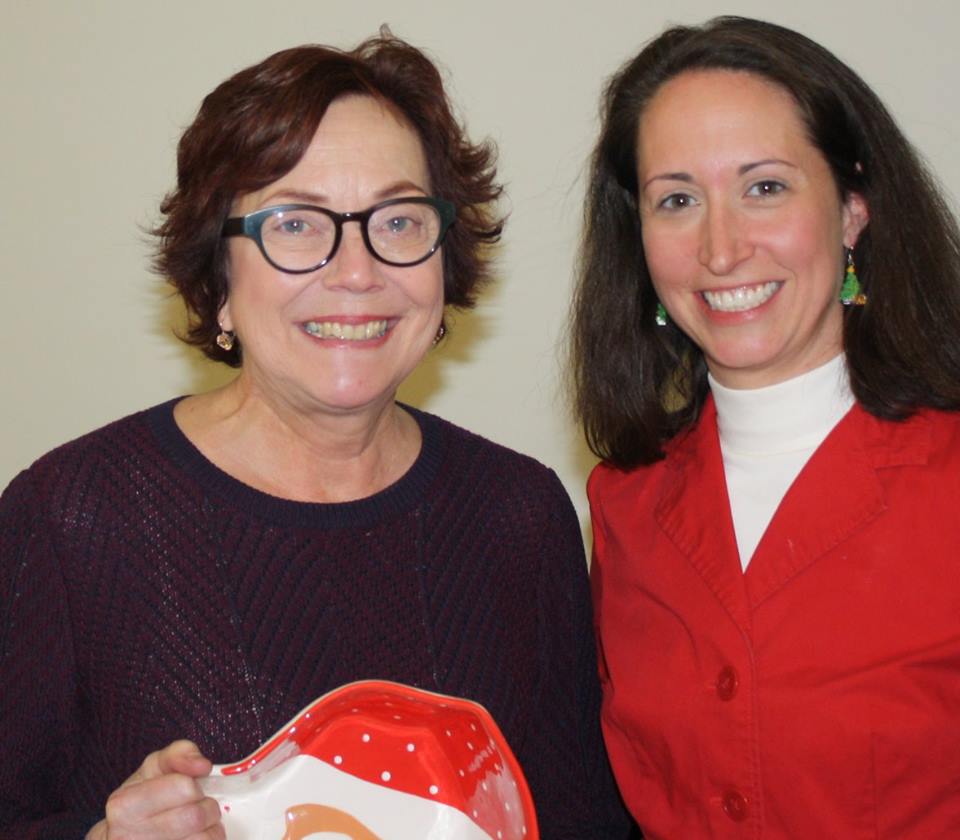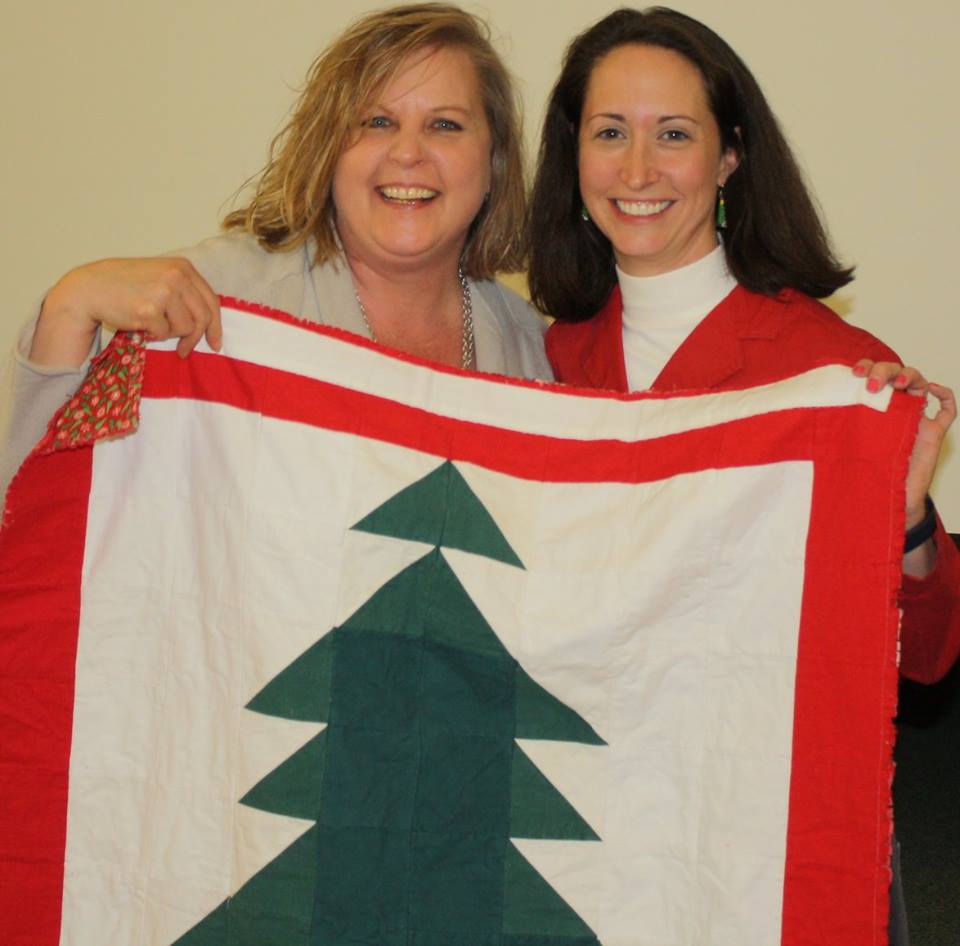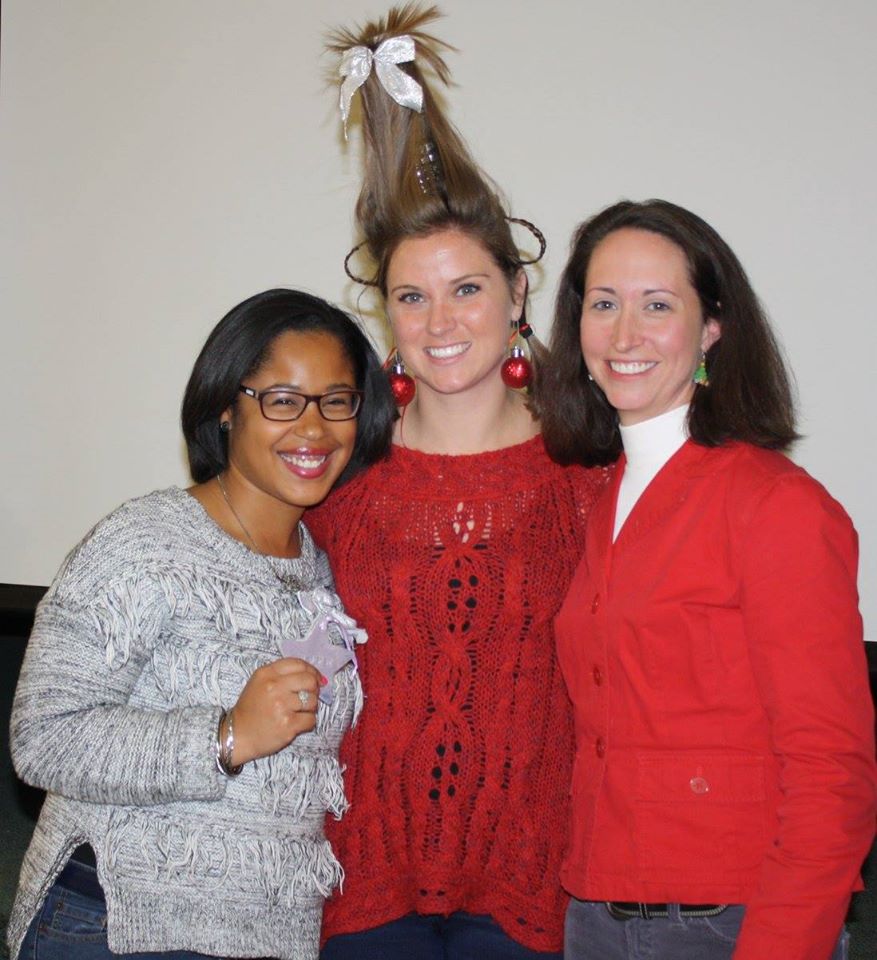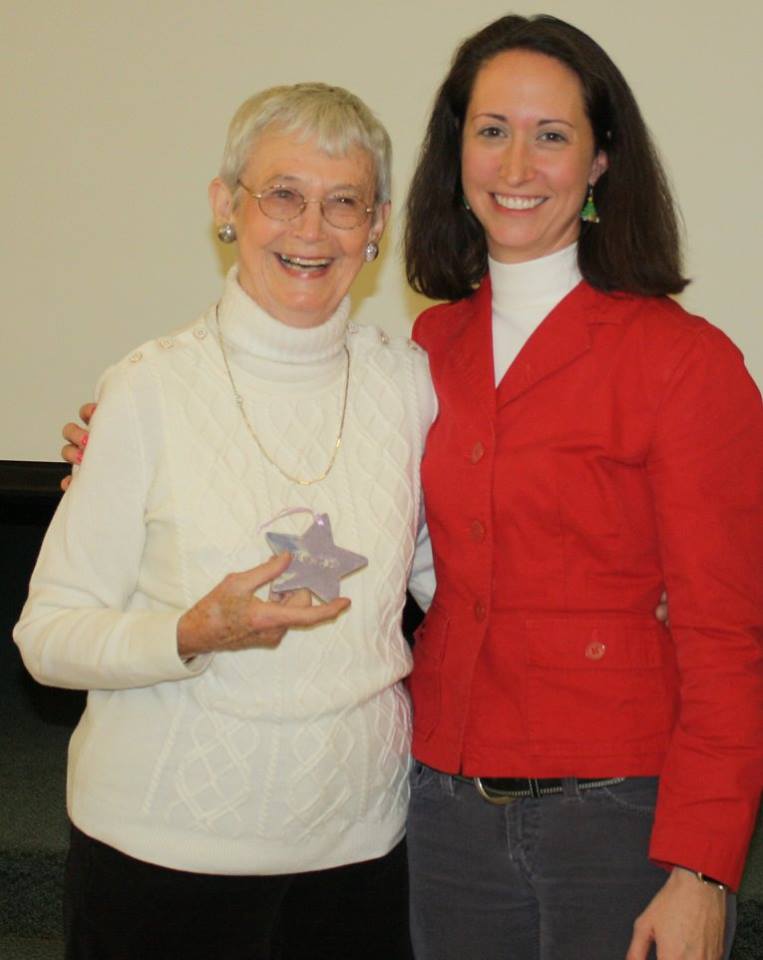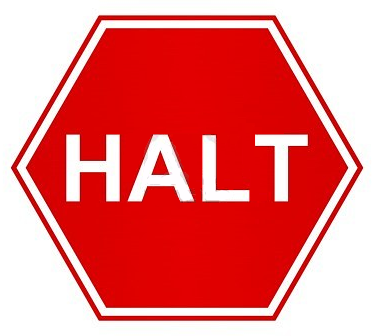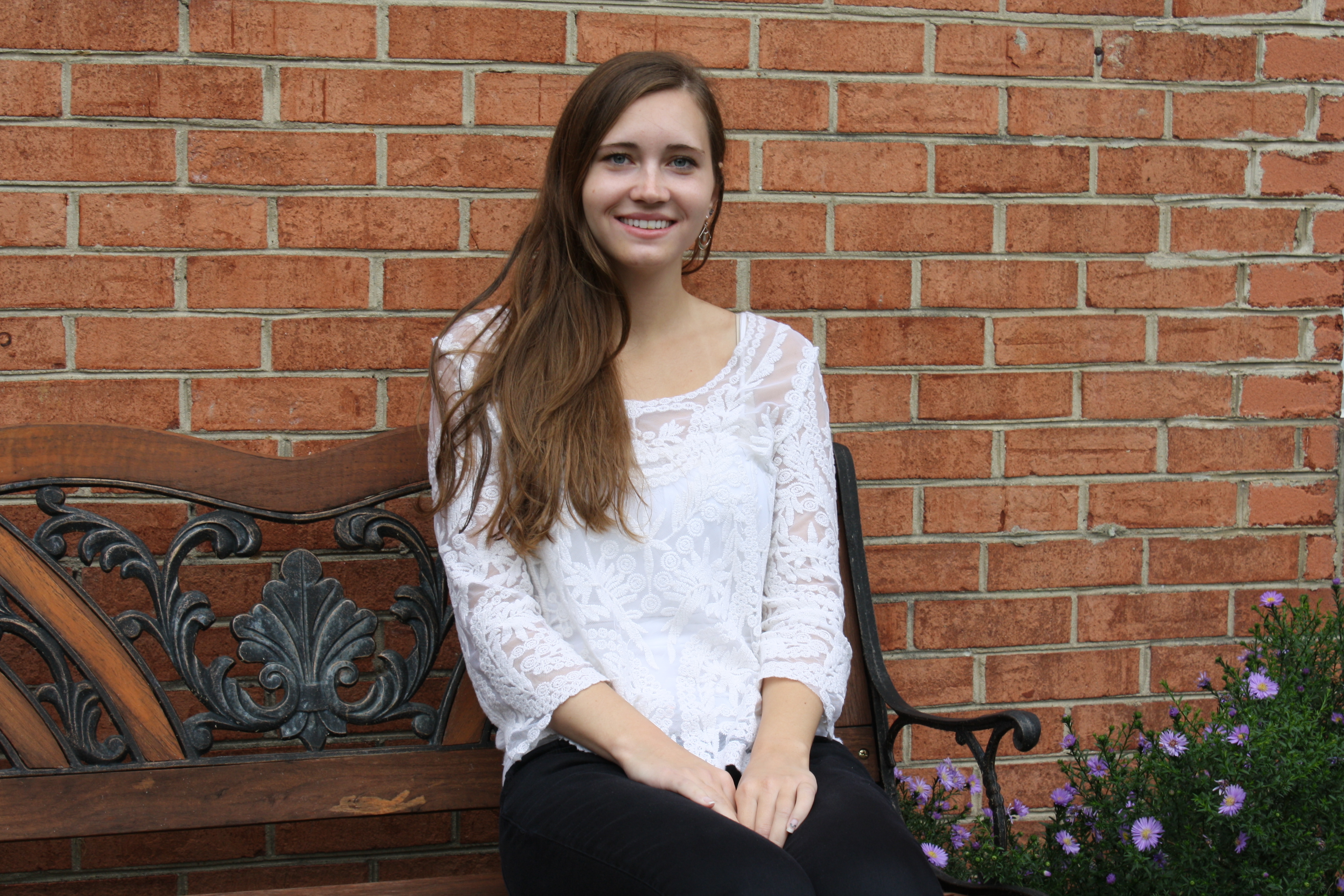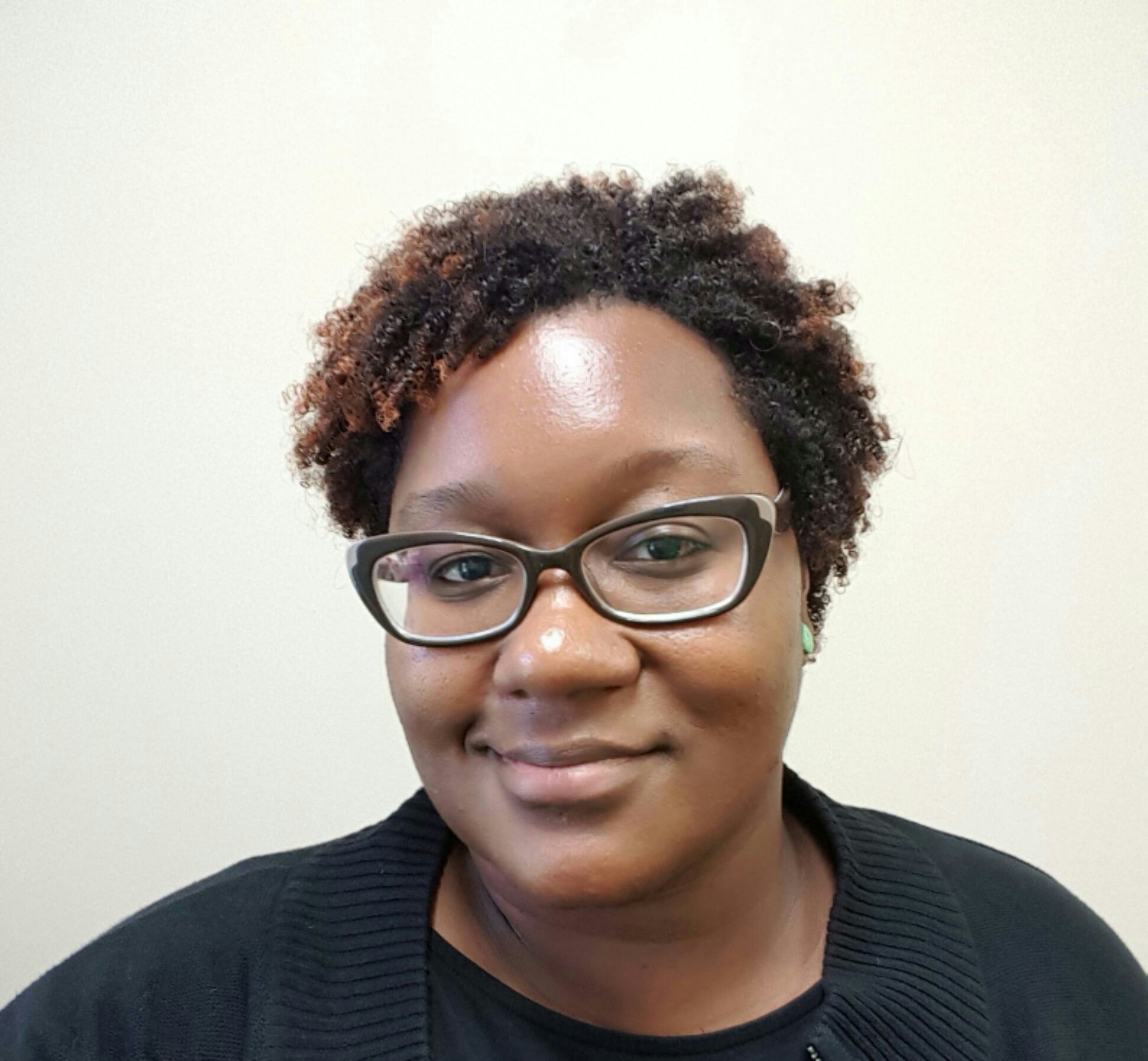What teens need to know about Dating Violence
Our amazing team in Youth Development met with students from Forest Park Academy at Family Service Roanoke Valley offices last week. The Teen Outreach Program® participants participated in a round table discussion on teen dating violence.
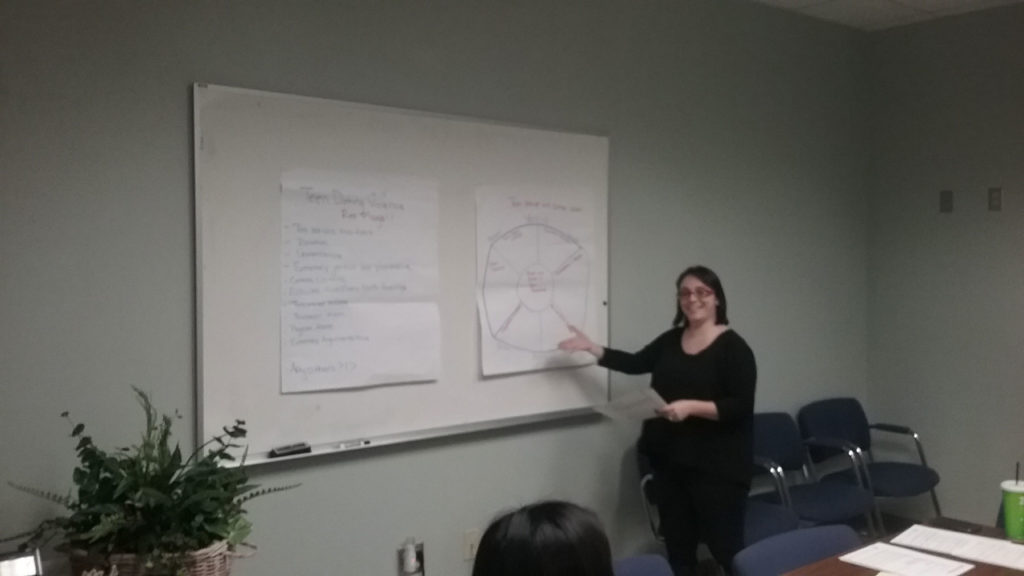
Facilitated by Emily DeCarlo, LCSW, Manager of Community Counseling Programs
(pictured right), the open dialogue discussed red flags for abusive relationship.
A key moment in the discussion was an anonymous poll taken on how many students knew of or had been in an abusive relationship. Other questions involved coercion, emotional and verbal abuse, sexual abuse and controlling behaviors.
The students took a pre and post quiz to gauge their awareness of what exactly constitutes abuse and their own individual ideas regarding what is and is not abuse.
The majority were aware or have experienced emotional abuse and extreme jealousy and control.
DeCarlo posed the question, is physical violence more harmful than emotional abuse? Several students engaged in healthy debate on the topic. The result was that indeed, yes, emotional abuse is as harmful if not more, as the signs are harder to see and the normalization of harmful behaviors can lead to not speaking up.
What about social media?
Social media adds an extra element, as unsolicited, inappropriate posts and texts can constitute abuse and violation. Teen Outreach Program® participants emphasized that physical violence is not the only form of abuse, that abuse can be emotional, verbal and sexual.
The students were engaged and spoke openly when questioned about their thoughts on the reality of abuse, especially in the form of social media.
Social media can be a tool of abuse. Participants emphasized the importance of recognizing patterns that might go unnoticed or merely accepted as the norm.
DeCarlo shared her experiences as a counselor to drive home that absolute boundaries are necessary to protect oneself and maintain healthy relationships.
The role of positive adult role models
She emphasized speaking up about possible abusive situations. DeCarlo specifically pointed out the many mentors in the room–including Prevention Programs Manager Sarah Jane Lawrence and Youth Development Specialists like the Forest Park lead facilitator Samara Cotton. Through the Teen Outreach Program®, participants get to know and trust these positive adult role models.
Adults mentors can provide a safe, confidential space to open up
. Cotton, a long time Family Service employee and mentor, holds a special place for the teens and is a shining example of the work and advocacy that is at the core of our mission. This speaks volumes about the power of positive adult role models and the respect they have among students. They create a safe space and positive environment to discuss a very important and serious public health problem–teen dating violence and intimate partner violence.
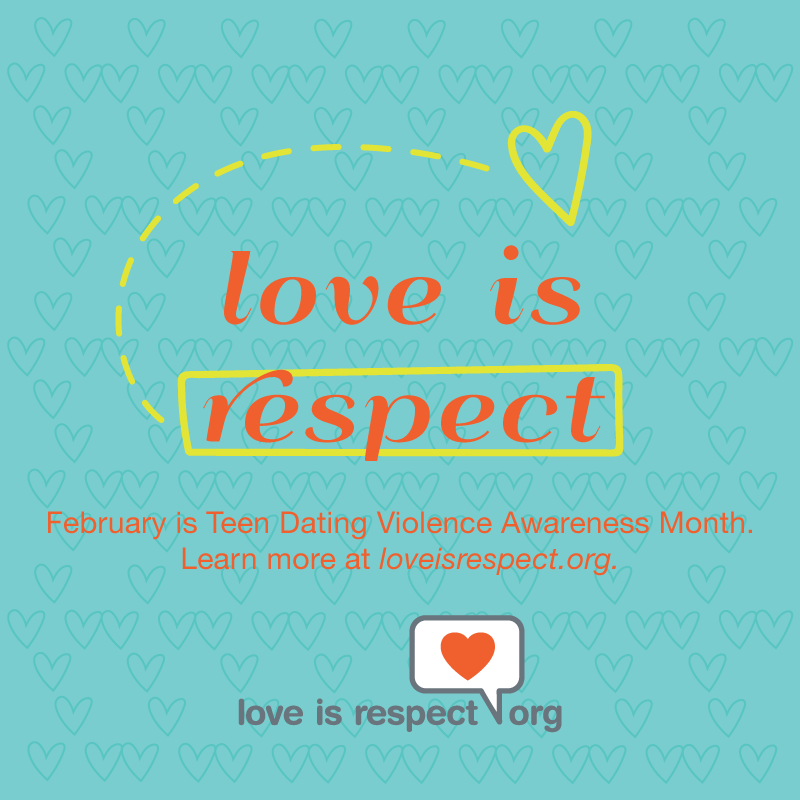
Throughout February, our staff in Youth Development will provide activities and opportunities to spread awareness of teen dating violence and encourage dialogue with all students involved in the Teen Outreach Program®. This further creates a place of trust and advocacy to help spread the awareness to break the pattern of abuse that may interrupt healthy growth and relationships.
Tuesday, February 14 is Wear Orange for Love Day


